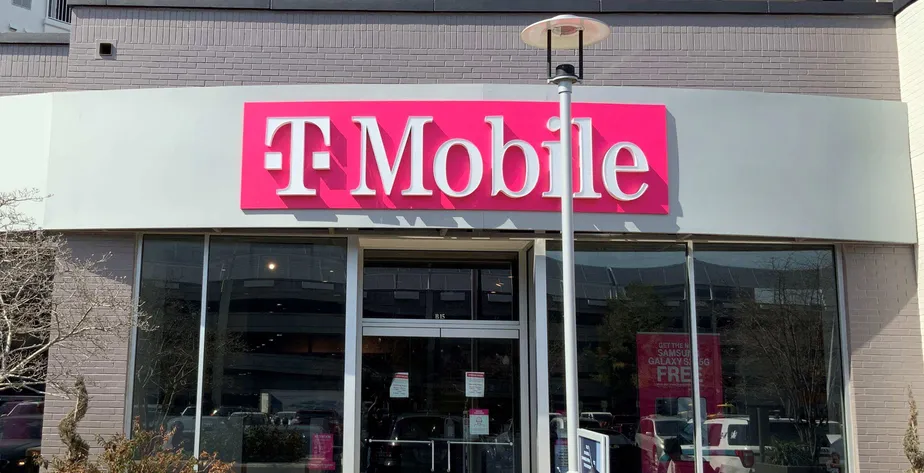Workers at T-Mobile announced on Wednesday that they are forming an independent union for nearly 300 social media customer service workers at the telecom giant. They’re calling themselves the T-Force Social Care Alliance (TSCA), and are pushing for union recognition from their notoriously anti-union employer.
Workers announced their effort during a company-wide meeting, changing their video backgrounds in a show of solidarity, and announcing the organizing drive on social media platforms. In a statement, the union announced, “T-Mobile’s culture made it a perfect stronghold against unions for years, but the clear shift to profits over people has changed the perception of many of their employees. The TSCA hopes to follow in the footsteps of the brave Starbucks and Amazon workers who have shown us this is possible. We hope not just to secure protections for ourselves, but be the spark that unites T-Mobile’s frontline fight for themselves.”
The effort has been spurred by two moves from management: one, to force workers back into the workplace, despite years of remote work; and two, to restructure workers’ bonus pay system, in some cases cutting workers’ take-home pay by thousands of dollars.
More broadly, workers are looking to the union for job security. T-Mobile merged with Sprint in 2019, promising government regulators that the move would result in job creation “from day one”; instead, the company has shed over 6,000 jobs in the years since, with further layoffs announced as recently as July. The Communication Workers of America estimates the job loss is closer to 20,000. Watching the company eliminate positions as part of “organizational shifts” has customer service workers worried they might be next.
What started as a team of 24 workers in 2012 has ballooned into a core part of T-Mobile’s customer service operation. As a Forbes report noted in 2014, “T-Mobile today focuses on social media as a competitive advantage, using it to listen and respond to customers’ desires and concerns. It has to. With mobile phone penetration at 78 percent of the U.S. population in 2014 and leveling off, T-Mobile must show how it is better to grow. Social media is one of the key prongs in its strategy.”
The nature of remote work means workers have had to create their own spaces to organize. In 2020, some workers started a group text which evolved into a communication and organizing hub. Working remotely for years, even before the pandemic, also means that the company’s push to have workers begin reporting in-person to offices is a big departure.
This summer, when management announced changes to the bonus system, it was a catalyzing event that turned the group chat conversation to unionization.
There have been efforts to organize T-Mobile for years, and the company was forced in federal court to rescind a slate of anti-union policies in 2017.



